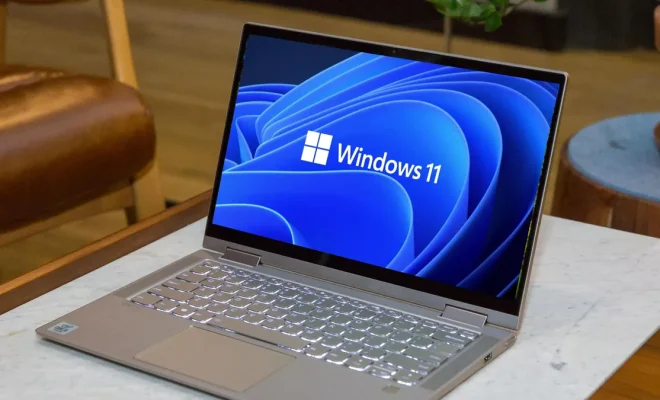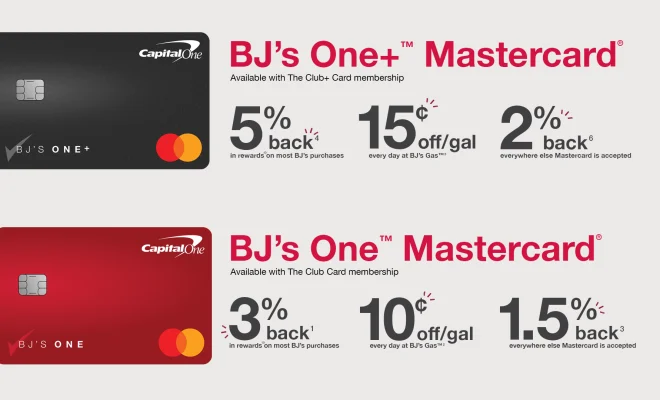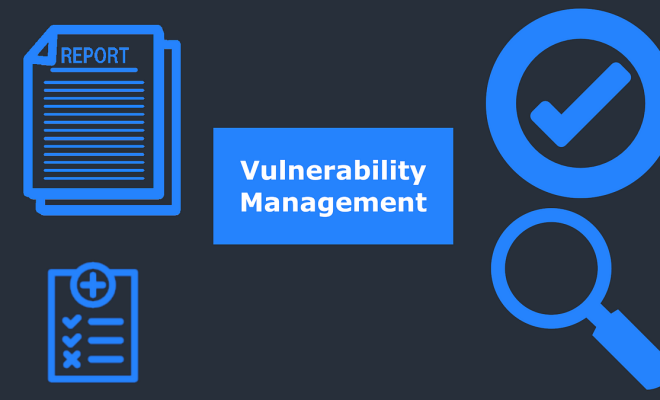Windows 11 Has Arrived, But Here’s Why Not Everyone Will Get the Upgrade Yet

The release of Windows 11 has generated excitement among users eager to experience Microsoft’s latest operating system. However, not everyone will be able to upgrade immediately. Despite its many new features and enhancements, there are specific requirements that must be met for a successful transition from Windows 10 to Windows 11. In this article, we’ll explore why some users may have to wait before getting the highly anticipated upgrade.
Hardware Compatibility Requirements
One of the main reasons not all devices can immediately upgrade to Windows 11 is due to hardware compatibility requirements set by Microsoft. The company has outlined specific criteria that devices need to meet in order to ensure optimal performance and security with the new operating system.
These requirements include:
• Processor:
Devices must have a compatible 64-bit processor with at least two or more cores running at a clock speed of 1 GHz or higher.
• RAM:
A minimum of 4 GB RAM is necessary for smooth operation.
• Storage:
At least 64 GB of storage capacity is required.
• Display:
Devices should have a display with a resolution greater than or equal to 720p (1280 x 720 pixels) and capable of supporting DirectX12 graphics with a WDDM driver.
• TPM Version:
Trusted Platform Module (TPM) version 2.0 is mandatory on eligible devices for enhanced security features.
• Secure Boot:
Secure Boot capability needs to be supported by the device’s firmware.
Meeting these hardware requirements ensures that your device can fully leverage all the capabilities and features provided by Windows 11.
Check Your Device Compatibility
To determine if your device meets these requirements, Microsoft provides an official tool called “PC Health Check.” This tool assesses whether your current PC configuration qualifies for an upgrade. If you find that your device doesn’t meet all the requirements, it means you’ll have to wait for a hardware upgrade or consider purchasing a new device that’s compatible with Windows 11.
Windows 10 Support Continues
While Windows 11 offers several advancements and an improved user experience, Microsoft will continue supporting Windows 10 for the foreseeable future. This means that even if your device doesn’t meet the necessary criteria for upgrading to Windows 11, you can still receive security updates and bug fixes on Windows 10.
Microsoft has committed to providing support until October 14, 2025, allowing users ample time to make necessary upgrades or transition at their own pace.
The Importance of Compatibility
Although it may be disappointing not to immediately have access to Windows 11, ensuring compatibility is crucial.
Running an operating system on unsupported hardware could lead to performance issues, instability, and potential security vulnerabilities. Microsoft’s stringent requirements aim to provide users with a reliable and secure computing environment while taking advantage of the latest features offered by Windows 11.
Conclusion
Windows 11 represents an exciting evolution in Microsoft’s line of operating systems. However, due to specific hardware compatibility requirements set by Microsoft, not all devices will be able to upgrade right away. It’s important for users to understand these limitations and ensure their devices meet the outlined criteria before attempting an upgrade.
By doing so,
• Users can guarantee optimal performance,
• Take advantage of enhanced security features,
• And fully enjoy all the benefits that come with using Windows 11. For those who don’t currently qualify for an immediate upgrade,
Remember that continued support for Windows.





